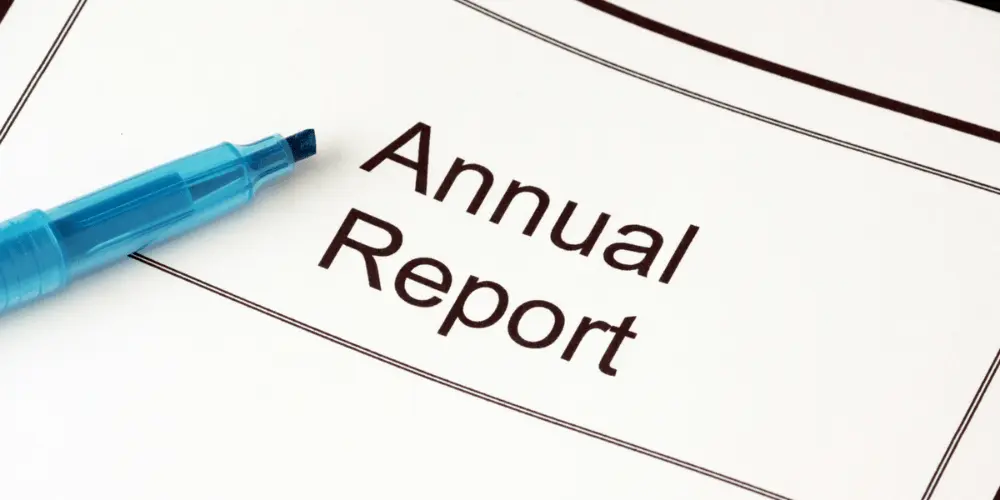
This article is part of the How to Read Your Annual Credit Report series.
Two important sections of your credit report are the “Public Records” and “Inquiries” sections. Knowing what personal and public information is on your report is an important factor in taking control of your finances. It is also important to know what companies have asked for a copy of your report.
The third step in this series is to review all of the information contained within the public record section of your annual credit report. Public information and inquiries are usually the last sections to appear on your credit report, though each credit report company does things a bit differently.
“Public records” refers to court records that could affect your creditworthiness. Bankruptcy filings are the most common factor here, but you will also see liens, court judgments, lawsuits, etc. Depending on where you live, things like unpaid child support will appear here as well.
These public records last 7 or 10 years, depending on the individual entry. They don’t include things like traffic tickets or criminal records; only financial information is included.
If the Public Record on your report is a Bankruptcy, three other fields will be visible:
Make sure this section is accurate, as it can have a severe impact on your credit score. It’s best to have no information in this section at all. After the public record expires in 7 or 10 years, the credit bureaus will automatically remove it, but you should still double check to make sure outdated entries are removed.
-min.webp)
This section may also be called something like “Requests for Your Credit History” in your credit report. Inquiries can affect your credit score: FICO counts the number of inquiries and their nature and factors that into your score. “New Credit” counts for 10% of your score, which includes inquiries from potential creditors.
There are different kinds of inquiries, and most of them do not impact your credit score at all:
If you have a lot of inquiries seeking the same type of loan in a set time, they may all be listed, but they won’t have a cumulative impact on your score. For instance, if you are shopping around for a car, and you have half a dozen inquiries for auto loans within a 30-day period, they are all counted as one inquiry by FICO.
An unfamiliar inquiry of this type may indicate that someone has applied for credit in your name. Make sure there are no fraudulent accounts in the “Account History” section of your report, and continue to watch your report for unfamiliar accounts. An inquiry will remain on your credit report for two years, and over that time will have a diminishing impact on your credit rating. Every section of your credit report is important to the whole, and you should read it all very carefully.
If you would like to learn more or are looking for information about disputing inaccurate our outdated information, download our free Consumer Guide to Good Credit. If you need help with credit or debt, or want to learn more about budgeting or personal finance, get started with free, confidential counseling and education right here at Credit.org.
